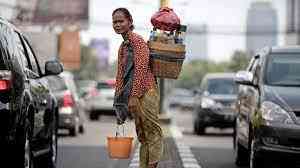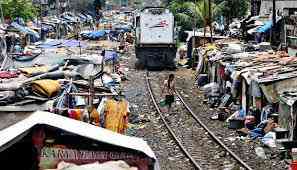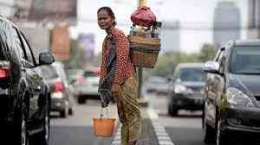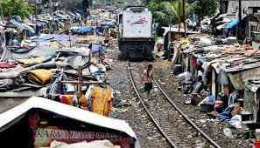

On the one hand, some argue that individuals have the right to express themselves and their identities in any way they see fit, including through the display of material possessions. From this perspective, flexing can be seen as a harmless expression of personal preference and taste, and may even serve as a source of motivation and inspiration for others.
However, others argue that flexing can contribute to a culture of consumerism and materialism that prioritizes the accumulation of wealth and possessions over more meaningful values and relationships. Moreover, it can perpetuate a sense of social inequality and exclusion, as those who are unable to afford the same level of luxury goods may feel marginalized or left behind.
Ultimately, the issue of flexing in the context of Indonesian poverty is a complex and multifaceted problem that requires a critical and nuanced perspective. While some may argue that flexing should be allowed as a form of personal expression and choice, others may argue that it should be discouraged or even actively discouraged as a means of promoting greater social equality and sustainable economic development.
In my view, the key to addressing this issue lies in finding a balance between personal freedom and social responsibility. While individuals should be free to express themselves in any way they choose, they also have a responsibility to consider the impact of their actions on others and on the broader society. By promoting greater awareness and understanding of the social and economic implications of flexing, we can work together to create a more just and equitable future for all members of Indonesian society.
Baca konten-konten menarik Kompasiana langsung dari smartphone kamu. Follow channel WhatsApp Kompasiana sekarang di sini: https://whatsapp.com/channel/0029VaYjYaL4Spk7WflFYJ2H









